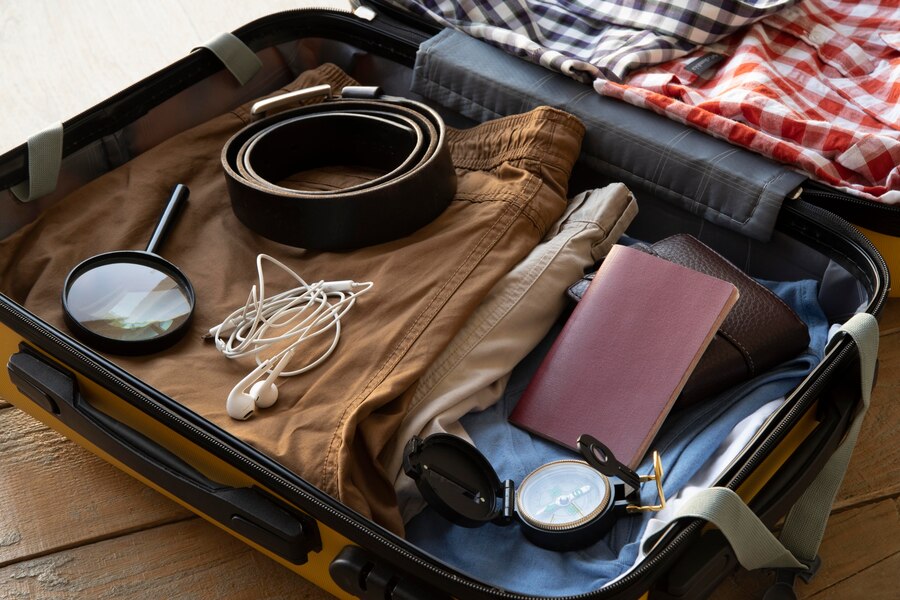Traveling to Europe for the first time is exciting but managing your finances can be challenging. Europe offers a mix of cultures, cuisines, and experiences, but without proper budgeting, costs can quickly add up. Here are seven financial tips to help you make the most of your European adventure.
1. Set a Daily Budget
Start by setting a daily budget for your trip. This will help you keep track of your spending and ensure you don’t run out of money halfway through. Include expenses like meals, transportation, attractions, and souvenirs. Remember, some cities like Paris and London can be pricey, so adjust your budget accordingly.
2. Use a Travel-Friendly Credit Card
Choose a credit card with no foreign transaction fees. Many banks charge extra fees for purchases made abroad, which can add up over time. A travel-friendly credit card also offers better exchange rates and the convenience of not carrying large amounts of cash.
3. Plan Your Accommodation Wisely
Accommodation is one of the biggest expenses when traveling. Consider staying in budget-friendly options like hostels, Airbnb, or guesthouses. Booking in advance can save you money and give you more options. Also, look for accommodations that include breakfast to save on meal costs.
4. Use Public Transportation
Public transportation is usually the most affordable way to get around European cities. Invest in a travel pass or a city card that offers unlimited rides on buses, trams, and trains. Avoid taxis as they can be expensive, especially in major cities. Walking is also a great way to explore and save money.
5. Avoid Currency Exchange Fees
When withdrawing cash, use ATMs to get the local currency at a better exchange rate. Avoid currency exchange kiosks at airports and tourist spots as they often charge higher fees. Also, take out larger amounts at once to minimize ATM fees.
6. Plan Your Meals
Dining out can quickly drain your budget. Save money by eating at local markets, street food vendors, or casual eateries. You can also visit supermarkets to buy snacks, drinks, and even ready-made meals. In many European countries, lunch menus are more affordable than dinner, so take advantage of lunchtime deals.
7. Stay Connected with a Europe eSIM
Staying connected while traveling is essential for navigation, online bookings, and staying in touch with family. Instead of using international roaming, which can be expensive, activate a Europe eSIM through a provider like Holiday eSIM. This allows you to have a secure, affordable mobile data connection across multiple countries. With an eSIM, you can avoid using unsecured public Wi-Fi networks and save on roaming charges.
Conclusion
Traveling to Europe doesn’t have to break the bank. With careful planning and these financial tips, you can enjoy your trip without overspending. Setting a budget, choosing cost-effective accommodations, and being mindful of your spending will make your adventure more enjoyable. And don't forget to activate a Europe eSIM to stay connected securely and affordably throughout your journey.





Comments